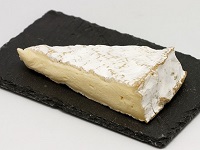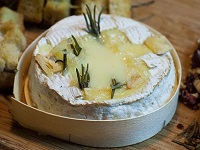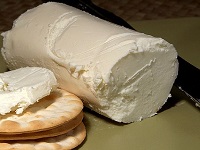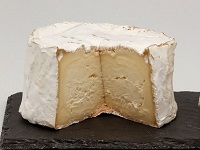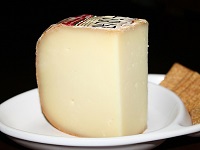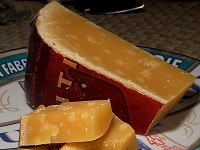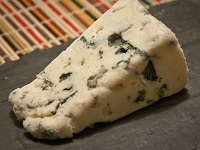Méthode Champenoise (France)
Méthode Champenoise is the method used to produce French Champagne.
The name is now reserved in EU, for wines produced in Champagne.
Méthode Champenoise Flavors
Citrus, Apple, Pear, and Strawberry are typical Méthode Champenoise flavors.
Citrus |
Apple |
Pear |
Strawberry |
Fermentation flavors:
Butter |
Yeast |
Bread |
Almonds |
Flavors from Maturation and Aging
Oak |
Vanilla |
Toast |
Nuts |
Méthode Champenoise Profile
| SUGAR: | Dry (3 g/l) |
| BODY: | Medium - Full |
| FRUIT: | Medium |
| ACIDITY: | High |
| ALCOHOL: | 12-13% ABV |
| Serving temperatures: 10-12°C (50-54°F) | |
Méthode Champenoise Food Pairing
You can drink Sparkling Wines to almost everything whether it is French Champagne, Spanish Cava, or Italian Prosecco.
Sparkling wines pair well with salt, because the bubbles break up the salt in the mouth. Acidity and bubbles can also pair well with creamy and oily dishes.
Aperitif |
Salads |
Tapas |
Sandwitch |
Seafood |
Oysters |
Salmon |
Sushi |
Fries |
Chicken |
Turkey |
Pork |
Egg Dishes |
Pasta |
Risotto |
Soft Cheese |
Excellent pairings
Caesar Salad. Seafood Salad.
Hors-d'œuvre. Sandwich. Focaccia.
Tapas. Ham. Serrano. Prosciutto.
Seafood. Oysters. Clams.
Crab. Lobster. Caviar.
Cod. Tuna. Smoked Salmon.
Fried Chicken. Turkey. Pork.
Egg Dishes. Omelettte. Risotto.
Pasta. Ravioli. Macaroni with Cheese.
Asian Food. Springrolls.
Sushi. Sashimi.
French Spesialities
Reims Ham in Reims Mustard.
Poulet au champagne (Chicken with Champagne).
The Ideal Glass for Méthode Champenoise
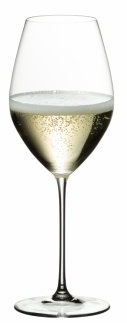
|
A Champagne Glass with a bell that points to the bottom, allows a pilar of bubbles to build up inside the glass. This is not only beautiful, but also extends the "life" of the champagne. A wide middle section lifts the aromas out of the wine. A smaller opening concentrates the scent to the nose and directs the drink to the front of the tongue where it heightens an experience of sweetness. |
Méthode Champenoise Cheese Pairing
Brie
The creamy, buttery texture and mild earthy flavors of Brie complement Méthode Champenoise's acidity and bubbles. Serve the cheese at room temperature with a slice of baguette and fig jam.
Camembert
This soft, bloomy-rind cheese offers a creamy, earthy flavor that complements Méthode Champenoise's acidity and bubbles. Enjoy with apple slices or a touch of truffle honey.
Goat Cheese (Chèvre)
The tangy, fresh flavors of goat cheese align perfectly with Blanc de Blancs, highlighting the wine's crisp minerality. Add fresh herbs or a drizzle of olive oil.
Chaource
This creamy, slightly tangy cheese from the Champagne region is a natural pairing. Its lactic richness enhances the wine's effervescence and minerality. Enjoy with fresh strawberries or honey.
Ossau-Iraty
This Basque sheep’s milk cheese has a nutty, slightly fruity flavor that aligns with Méthode Champenoise's light and fruity character. Pair with quince paste or cherry preserves.
Aged Gouda
The caramelized, nutty flavors of aged Gouda work well with a rich sparkling wines. Pair it with dried apricots or figs.
Roquefort
The salty, tangy, and creamy qualities of Roquefort create a striking contrast with Méthode Champenoise, balancing its fruity notes. Serve with walnuts or slices of fresh pear.
